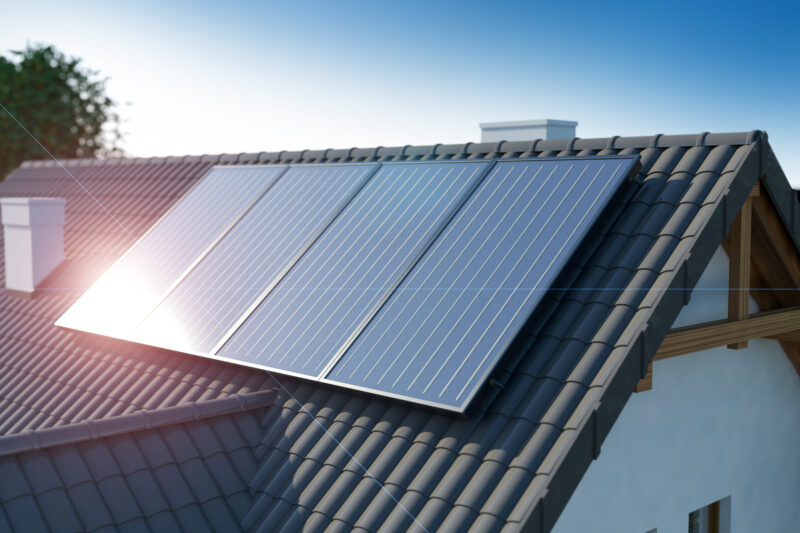Installing solar panels can help you save money on your energy bill, participate in a green power program, and be more environmentally friendly. In addition to saving money on your bills, the benefits of solar electricity include making the electricity grid more reliable and resilient. If you want to make solar panels part of your home, read on to learn more.
Installing Solar Panels
Installing solar panels can benefit the community and the homeowner in many ways. These panels can be installed on a residential rooftop or a solar farm covering many acres. These farms can power towns or even thousands of homes and businesses. Additionally, they can help the local economy and the environment. In many cases, solar panels can be a great way to save money.
Community solar projects are often referred to as solar gardens. There are many different designs for these projects. For example, a neighborhood or homeowners association may share the costs of a solar panel system, thus making it a cheaper and emission-free energy source. An energy advisor may sometimes recommend a mid-sized solar plant, which is more efficient than installing individual solar panels on every home.
Saving Money on Energy Bills
Using solar panels to power your home is an excellent way to lower your monthly electricity bill significantly. With this type of energy source, you can reduce your bill by up to ten percent. However, before you install solar panels, you need to research the costs. Some homeowners choose to lease solar panels rather than buy them outright, which can result in a much lower upfront cost. However, leasing solar panels will not add to the value of your home, and you may not be eligible for incentives.
Another way to reduce your energy bill is to opt for a net metering system. The process allows solar customers to send excess energy back to the grid in exchange for credits on their electric bill. If solar power does not meet your energy needs, you can also choose to sign up for a time-of-use electricity plan. This method allows solar customers to receive lower electricity rates during peak hours.
Participating in a Green Power Program
Participating in a green power program offers you and the community many advantages. It will help you save money on your electricity bill and reduce your environmental impact. It can also help the community by funding solar projects in local organizations. These programs are voluntary, and you can participate at any level.
Purchasing green power can also help the community by increasing community pride. By purchasing green power, the local government can show civic leadership. It will also encourage businesses in the community to follow suit. It can also generate positive publicity for the community and be used on local websites and marketing materials.
Accessibility
While solar electricity is becoming increasingly popular in the developed world, it remains too expensive for many consumers. Solar panels remain out of reach for most middle-income and low-income households despite technological improvements and reduced manufacturing costs. However, thanks to the increased funding of nonprofit organizations, the cost of solar panels have dropped considerably. In 2016, the cost of solar panels fell to $0.44 per watt, making them more affordable and accessible to low-income households.
The new project focuses on two primary groups: peri-urban and rural populations. Both groups will benefit directly from improvements in access to modern household energy. Additionally, they will benefit indirectly from better services. In addition, the new project will reduce gender gaps in access to finance and energy and help build critical service delivery capacity within the public sector.
Cost
Community solar projects can potentially reduce electricity bills while providing economic and environmental benefits significantly. These projects have been growing rapidly in recent years, and thousands of projects in the U.S. are using this innovative renewable energy. Most community solar projects operate on a donation model, in which donors contribute to a shared renewable farm owned by a nonprofit organization. These donations purchase the output of one or more panels.
In the U.S., the average participant in a solar community project will save approximately 10 percent on their monthly bill. Some solar community projects do not require any payment, and they are often free of charge.





Leave a Reply
You must be logged in to post a comment.